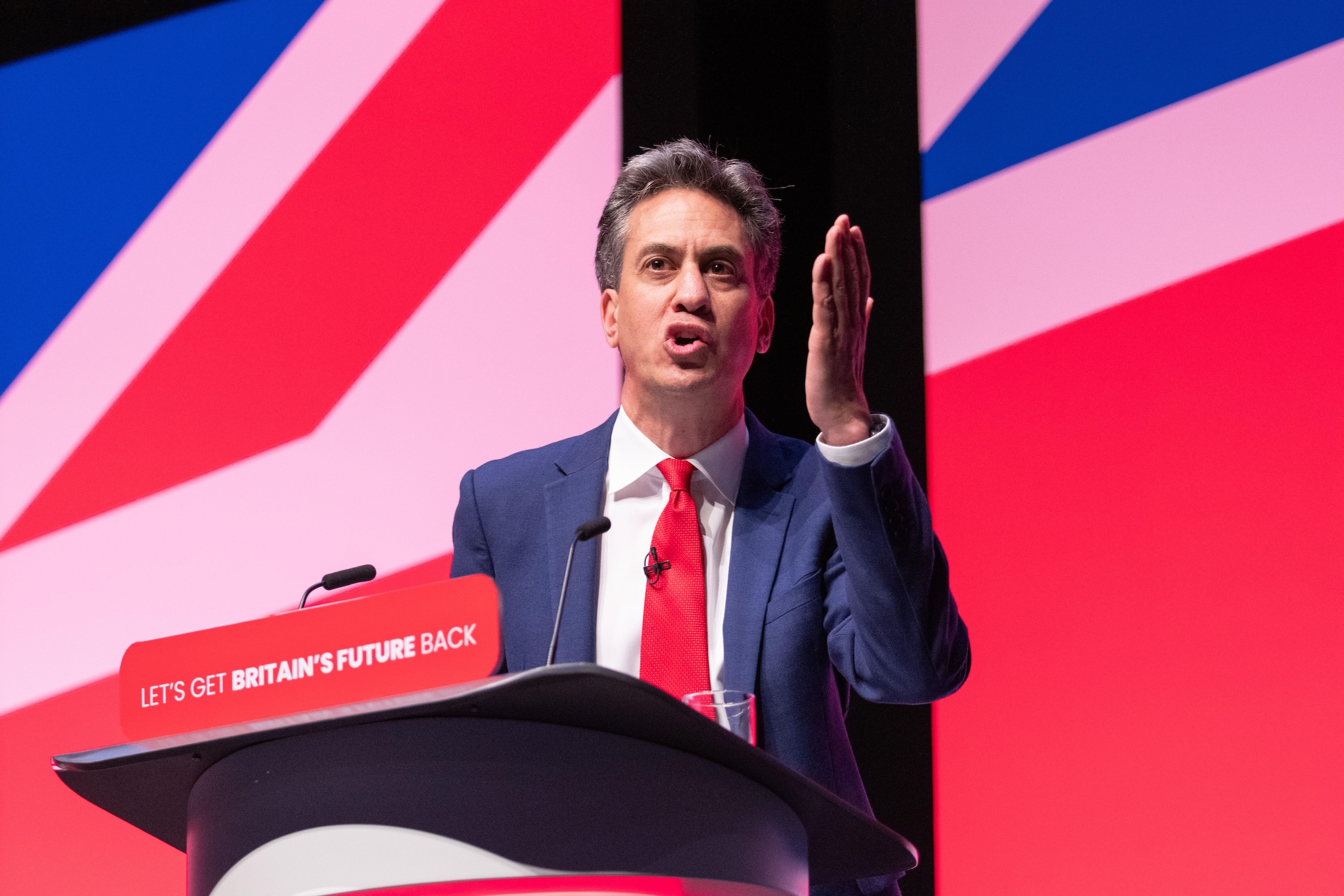Labour’s plans for the energy sector are quietly ambitious
It is vital that the green transition brings workers, communities, and individuals together to create a sustainable and inclusive economy.
If the polls are to be believed, then this weekend, we will see the election of a Labour Government for the first time since 2005. Whilst nobody would claim that this has been an election with climate and environment at the forefront – though many are struggling to identify what the actual narrative of the 2024 General Election has been – Labour has released a manifesto and fronted a campaign that is quietly bold on climate, both at home and abroad.
At the same time, candidates who are already engaged and knowledgeable on a wide range of environmental issues have been selected for Labour all across the country, from energy systems and green finance to nature restoration and international treaties. Halfway through a decade vital for climate action and approaching deadlines of many domestic and international targets, this bodes well for an action-first Government supported by potentially the most climate-friendly Parliament ever.
The Labour manifesto’s laser-like focus on mission-led Government bodes well for immediate action on these issues should the party come to power. The Energy Mission – with its super-powering of the UK’s home-grown renewables and investment in our ageing energy system – give a new Government immediate opportunities to kick-start growth for our stagnating economy. Focusing on areas that need it most will reverse our country’s long-term decline in productivity and deeply entrenched regional inequalities. The creation of GB Energy, a publicly-owned company headquartered in Scotland, provides a real opportunity to cut energy costs and give us much greater energy independence in an increasingly fragile global landscape.
The manifesto also includes a range of other ambitions that will shape the economy across a decade of renewal: stopping new oil and gas licenses in the North Sea and coal developments on-land; ending the sale of new petrol and diesel vehicles by 2030; introducing a carbon border tax on imports, matching the ambition of the EU and US. But most excitingly (at least for climate geeks) is the intention to “ensure the institutional framework of policy-making reflects our commitments to reach net zero”, including restoring a climate mandate for the Bank of England. This recognises the need to restructure the machinery of government to fully embrace the opportunities that a transition to a net zero economy will bring.
However, it is also vital that this transition brings workers, communities, and individuals together to create a sustainable and inclusive economy. The manifesto recognises the need to put good, diverse, and long-term jobs at the heart of its plan and work to ensure that no communities are left behind, particularly those that have historically depended on fossil fuel industries.
Already, we are starting to see opponents of this ambition simply talking about the ‘costs’ of these plans without recognising the private investment potential. Countries around the world are powering ahead with their net-zero plans, meaning that the UK, which was once a world leader, is being left behind in the global race. Despite several U-turns and no clear policy direction in the past years, the country’s ‘green economy’ still has great potential.
A report from CBI Economics and the Energy and Climate Intelligence Unit earlier this year found that the UK’s net zero economy grew 9% last year. It is now worth £74 billion and employs hundreds of thousands of people in every region of the country. These are well-paid jobs in renewables, insulation installation, heat pumps, agri-tech and electric vehicles, earning £10,000 a year more than the average job. And they are highly productive, generating £114,000 in economic value, more than 1.5 times the average UK job.
Many constituencies that will benefit most from this economic growth are battleground seats in this election: places like High Peak, Stroud, Cheadle, Derby North, Lancaster and Wyre, Broxtowe, and Hazel Grove. Scotland, Wales, and the Midlands are particularly good at net zero industries, while London is actually the least proportionally strong in the UK. Should these battle-ground seats go red, a Labour Government must ensure a strong offer for these growing industries, a good news story against the current backdrop of economic stagnation.
And it is not just at home that Labour aims to have a positive story to tell. Within the last week they have re-committed to ‘filling the vacuum’ that has been left by the UK in terms of its global climate leadership. With this autumn’s climate and biodiversity COPs being some of the first international events for a new government, this will be welcome news to the many who recognise the need for the UK to be a global advocate in this arena, particularly with the crucial COP30 taking place in Brazil next year. With potentially two of our closest allies, France and the US, leaning hard-right in this year’s elections, it will be more important than ever for Labour to have a clear voice and sense of direction in its international climate diplomacy.
So, while climate has in no way received the same level of attention as betting scandals or theme parks throughout this election, Labour's bold, quiet confidence in its campaign lays some hopeful groundwork for a government that is – whisper it – a serious and ambitious climate leader.
The Lead is now on Substack.
Become a Member, and get our most groundbreaking content first. Become a Founder, and join the newsroom’s internal conversation - meet the writers, the editors and more.





